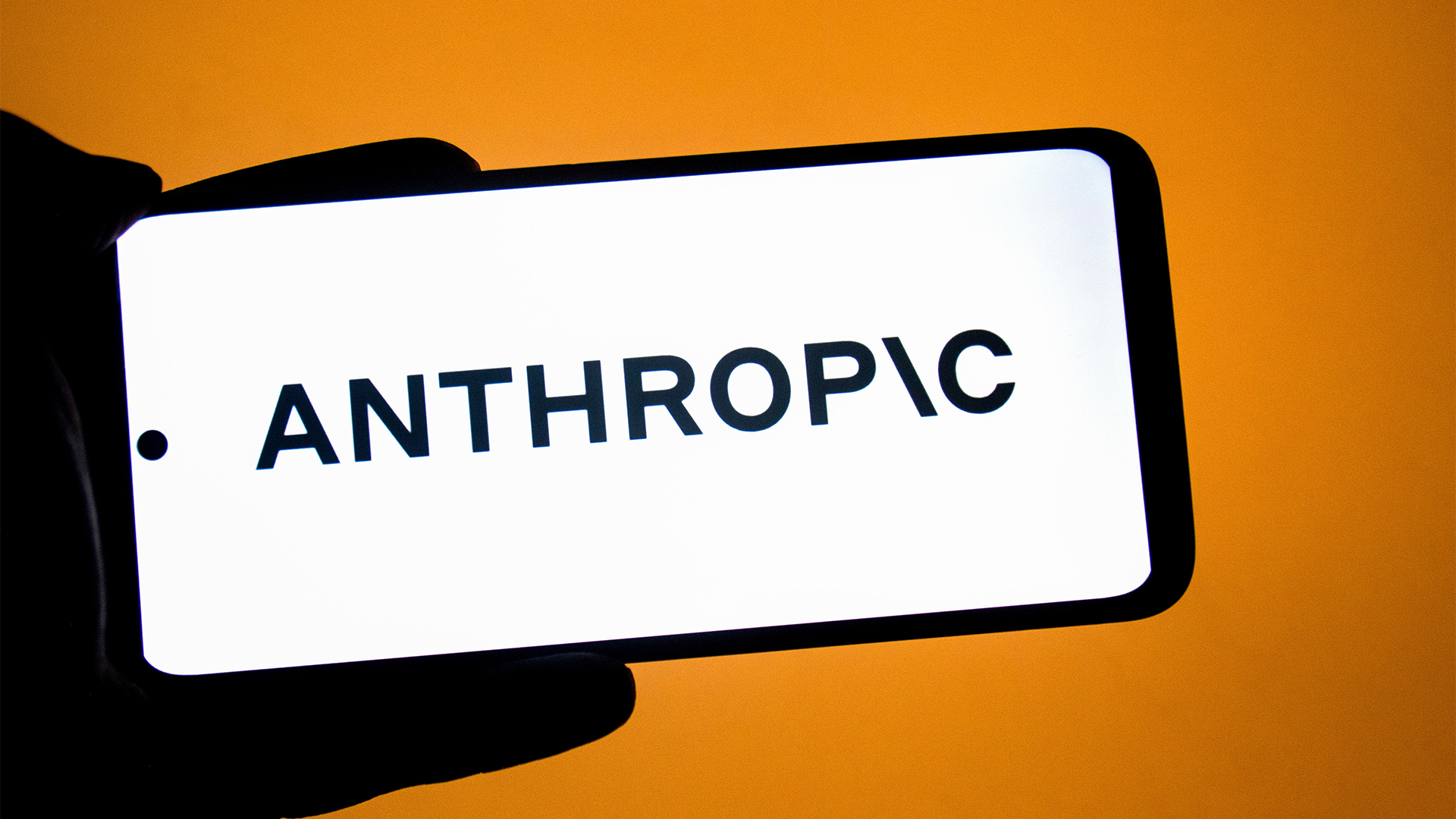‘Please do not use AI assistants during the application process’: AI company Anthropic had to tell candidates to stop using AI when applying for jobs
The use of AI in job applications has been rising in recent months, research shows


AI startup Anthropic has reportedly banned job applicants from using AI in their applications, according to a blog post from programmer Simon Willison.
Willison quoted a section from Anthropic’s online job application form which shows the US AI developer ward job prospects away from using AI assistants in any part of the process.
“While we encourage people to use AI systems during their role to help them work faster and more effectively, please do not use AI assistants during the application process,” the form reads.
“We want to understand your personal interest in Anthropic without mediation through an AI system, and we also want to evaluate your non-AI-assisted communication skills. Please indicate 'Yes' if you have read and agree,” it added.
While highlighting the productivity benefits of AI tools, Anthropic emphasized the importance of unassisted skill sets and suggests the firm is prioritizing human characteristics.
The move by Anthropic follows a raft of research on the growing use of AI in job application processes over the last year. In October 2024, a study by Capterra found a nearly half (41%) of workers had used the technology to assist them with applications.
More than half (53%) had used AI to assist in their job hunts, while 77% leveraged AI to exaggerate qualifications or abilities.
Sign up today and you will receive a free copy of our Future Focus 2025 report - the leading guidance on AI, cybersecurity and other IT challenges as per 700+ senior executives
Why businesses don’t want AI applications
Industry stakeholders have warned against the practice, telling ITPro that employers may see AI-generated content as dishonest.
Notably, Paul Deighton, board director at Shipley UK, said the use of AI-generated content is useless in applications as the knowledge gaps will quickly become apparent to hiring managers.
“There's a delicious irony in AI companies banning AI-generated job applications, but it makes perfect sense: AI firms want artificial intelligence in their products, not in their people,” Paul Stollery, hiring lead at PR agency Hard Numbers, told ITPro.
RELATED WHITEPAPER

Job applications are not just showcases of writing ability or achievement, Stollery said, but a demonstration of someone's critical faculty and problem-solving abilities. Applicants are just imitating these abilities if they use AI.
“The very act of using AI in this way reveals a crucial misunderstanding on the part of these candidates: that presentation matters more than substance. What employers seek, particularly in the AI sector, is evidence of genuine problem-solving and authentic professional development,” Stollery added.
Businesses are using AI to spot applicant misuse
Given the increase in AI-generated job applications, many employers are now turning to the technology to weed out those using the technology during this process.
Speaking to ITPro, Gopi Polavarapu, chief solutions office at Kore.ai, said many current systems used to detect the use of AI in applications are based on telltale keywords.
Similarly, firms seeking to crack down on the practice are ramping up the use of generative AI tools internally, many of which are based on company data.
“This ensures adherence to fair hiring practices and minimizes bias with custom in-depth analytics to track and support diversity metrics - making every decision data-driven and fair,” Polavarapu told ITPro.
HR departments and recruitment firms can also deploy agents that undertake CV screenings using data from LinkedIn, GitHub, social media, public citations, and current employment status.
“It can also use tools like education background checks and validate certification programmes to ensure the right fit for top qualifying candidates,” Polavarapu said.
AI in the job market
The use of AI tools in the job market - whether by applicant or hirer - is gaining traction. Towards the end of 2023, for example, LinkedIn rolled out a generative AI feature for premium users that can help in job seeking.
This tool works by leveraging data from its 1 billion members and 67 million employers to give users guidance on how to tailor profiles to suit applications or evaluate how well they fit a role.
AI is also being frequently used in the recruitment process, though the UK’s Information Commissioner's Office (ICO) recently issued guidance on these tools in light of potential privacy issues.
The ICO expressed concern that the privacy and information rights of applicants may be at risk owing to how recruiters were processing data. For example, some tools were reportedly being used to filter out candidates with certain protected characteristics.
MORE FROM ITPRO

George Fitzmaurice is a former Staff Writer at ITPro and ChannelPro, with a particular interest in AI regulation, data legislation, and market development. After graduating from the University of Oxford with a degree in English Language and Literature, he undertook an internship at the New Statesman before starting at ITPro. Outside of the office, George is both an aspiring musician and an avid reader.
-
 Cisco looks to showcase “unique value” with revamped 360 Partner Program
Cisco looks to showcase “unique value” with revamped 360 Partner ProgramNews Cisco has unveiled a revamped partner framework to help partners capitalize on growing AI-driven customer demand
-
 IT teams are battling a surge in outages over missed critical alerts
IT teams are battling a surge in outages over missed critical alertsNews IT workers are ignoring a torrent of false alerts, but there's a risk a legitimate one could slip through the net